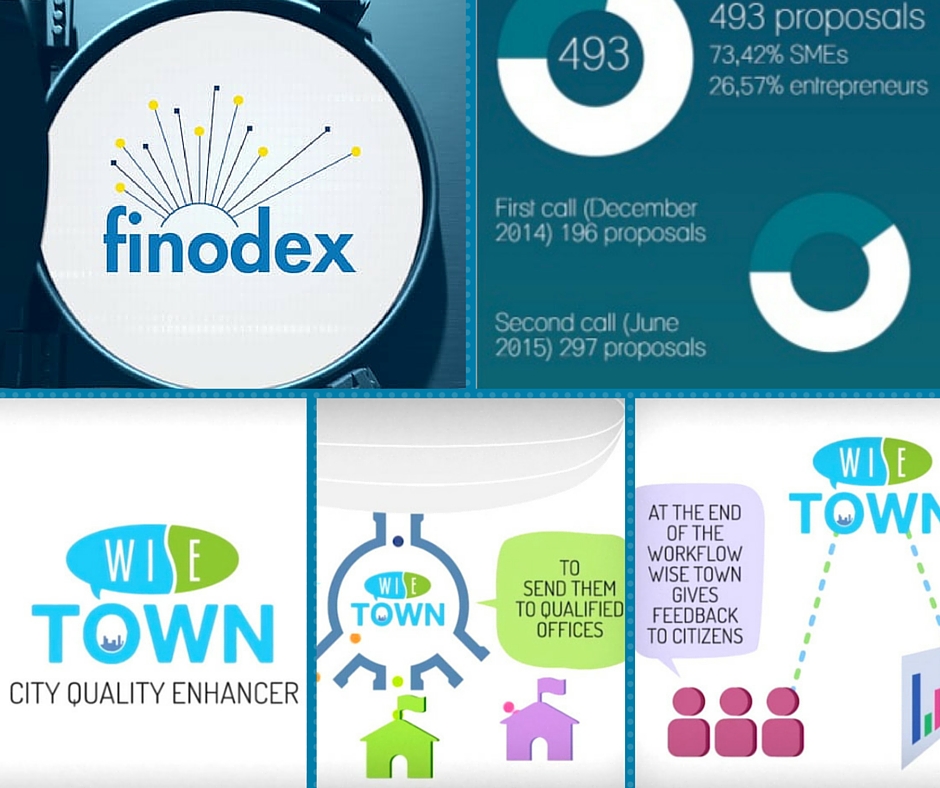The number of citizens glued to their smartphones and their social media accounts are increasing daily.
People are constantly using smartphones, smart watches, smart fitness gadgets and other devices that simplify our lives. However, this reliance has transformed into an addiction in which every moment spent without gadgets becomes unbearable.

This concept has become one of the most important in the recent years at the policy arena. By merging the people, processes and technology (PPT) in one initiative, smart cities can be constructed in order to meet the citizens’ needs, provide a better quality of life and generate economic growth.
But in spite of the recognized need to use this technology on a municipal level, we’re still not sure what a “smart city” would look like.
So what is a smart city?
The Smart City Council defines a smart city as the one embeds digital technology into all city functions.
Although the availability of advanced ICT (information and communication technologies) is essential, that alone isn’t sufficient to create a smart city. A skilled, well-educated labor force is equally important, necessitating heavy investment into human capital.
This is essential because the main challenge of the smart city is to reduce costs and resource consumption by increasing quality and interactivity of urban services. Smart city technology for energy, health care, waste management, transport and traffic management, and government services has already been developed. Researchers are also developing technology that would support urban agriculture.
In relation to this, more companies are exploring new technological solutions and concepts for smart cities. IBM, Cisco Schneider Electric and Microsoft have taken a lead role in the commercialization of city intelligence.
EU’s Action Plan
In order to prevent European cities from losing ground to global competitors, the EU has developed a number of programs like the “European e-Government Action Plan (2011-15) and the Malmö Ministerial Declaration on e-Government. These programs outline the importance of interactions between citizens and governments, how to improve public services and how to increase trust in public institutions.
 This system is based also on machine learning procedures, which can be added to categorized “live” information. The output of the system is manually reentered on maps powered by GIS technology (Geographic Information Systems). Through these maps, all the collected data are used to improve urban management and planning. This method allows citizens to see how the government is using this information.
This system is based also on machine learning procedures, which can be added to categorized “live” information. The output of the system is manually reentered on maps powered by GIS technology (Geographic Information Systems). Through these maps, all the collected data are used to improve urban management and planning. This method allows citizens to see how the government is using this information.
Amsterdam, Barcelona, Stockholm, Keynes, Southampton are not the only smart cities that will be positioning themselves in the global market. More cities of future are going to be born in the regions of Asia Pacific and Middle East and Africa, giving the great challenges to the industrial players and making our planet more globalized.